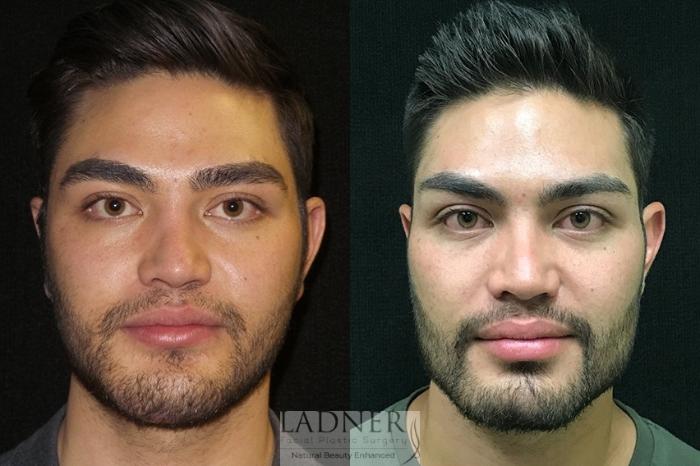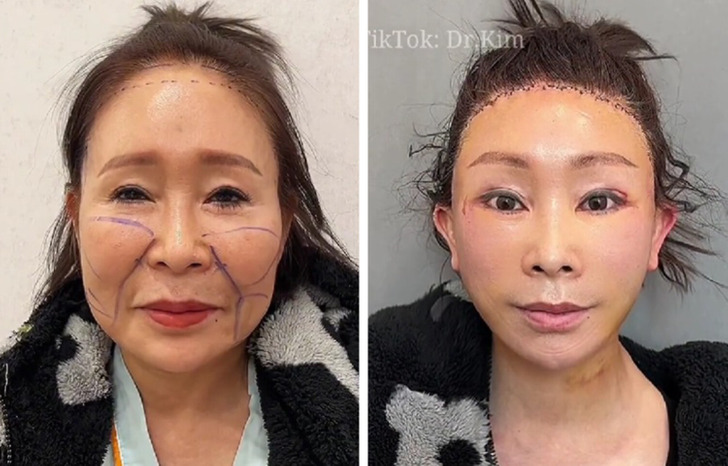Breast Augmentation Rancho Cucamonga: Tailored Solutions for Fuller, Natural-Looking
Breast Augmentation Rancho Cucamonga: Tailored Solutions for Fuller, Natural-Looking
Blog Article
Checking Out the Emotional and Social Aspects That Drive Individuals to Think About Plastic Surgery as a way of Enhancement
The decision to pursue cosmetic surgical treatment typically prolongs beyond simple appearances, linking with social and emotional characteristics that merit detailed exam. Elements such as self-esteem, prevalent social appeal requirements, and the pervasive impact of social networks converge to form private motivations for medical improvement. As these influences come to be progressively popular, understanding the underlying psychological and cultural contexts is important. What remains to be checked out is the profound influence these elements have not just on individual identity yet likewise on more comprehensive social norms and worths surrounding appeal and acceptance.
The Function of Self-worth
Self-esteem substantially affects an individual's decision to go after cosmetic surgery. People with low self-esteem commonly perceive themselves in an unfavorable light, causing sensations of inadequacy regarding their physical look. This adverse self-perception can drive them to seek surgical treatments as an approach of enhancing their self-image. The wish for renovation in one's appearance is regularly connected to a belief that such changes will raise their total self-worth and confidence.

Inevitably, the function of self-worth in the decision-making process concerning plastic surgery highlights the intricate interaction between body picture, personal satisfaction, and mental health. Understanding this connection is critical for health care experts to make certain that individuals are making educated choices rooted in reasonable assumptions and psychological health.
Societal Beauty Standards
Influenced by prevalent media representations and cultural stories, societal beauty criteria play a crucial duty fit individuals' assumptions of their very own bodies. These standards are frequently characterized by an idyllic kind of beauty that stresses qualities such as slimness, youthful vigor, and symmetry. As these perfects are continued via different networks, including film, tv, and advertising, individuals regularly internalize these messages, resulting in discontentment with their all-natural appearance.
The ramifications of these social norms prolong past aesthetic choices; they can affect self-confidence, psychological health and wellness, and interpersonal relationships. Individuals who perceive themselves as dropping brief of these requirements might experience feelings of inadequacy, motivating a need for cosmetic surgical treatment as a way of achieving societal approval. This quest is often fueled by the belief that satisfying these perfects will certainly enhance not only physical appearance however additionally social standing and personal fulfillment.

Influence of Social Media Site
The impact of social elegance standards is more enhanced by the increase of social media systems, where curated photos and idealized representations of elegance are common. Users are regularly exposed to filtered and modified photographs, which usually depict unattainable physical features. This direct exposure cultivates a society of contrast, leading people to assess their own appearance versus these often unrealistic benchmarks.
Social media influencers and celebrities frequently advertise aesthetic treatments, stabilizing the concept that surgical enhancements are a viable means for achieving social perfects (plastic surgery rancho cucamonga). The presence of these improvements can produce a perception that undergoing plastic surgery is a typical technique, therefore affecting individuals to consider comparable treatments as a pathway to improved self-esteem and social acceptance
In addition, the interactive nature of social media sites enables instant feedback via likes and comments, better strengthening the desire to comply with preferred appeal requirements. Such interactions can aggravate sensations of inadequacy and drive people toward cosmetic surgery as a way of acquiring recognition. Eventually, social media plays a crucial function in forming understandings of beauty, which dramatically affects the decision-making processes bordering plastic surgery.

Cultural Perspectives on Look
Throughout various cultures, assumptions of appearance are deeply rooted in historical, social, and financial contexts, shaping people' sights on elegance and charm. In numerous cultures, appearance acts as a considerable marker of identification, affecting social standing, professional possibilities, and individual connections. For instance, in some societies, light skin is typically linked with riches and benefit, while others might idealize darker complexion as signs of toughness and authenticity.
Moreover, standard charm criteria are typically perpetuated with cultural narratives, media depictions, and household affects, resulting in differing ideals throughout various regions (plastic surgery rancho cucamonga). In Western societies, the emphasis on youth and physical conditioning typically drives individuals toward aesthetic enhancement, while in specific Eastern cultures, more subtle adjustments aligned with standard appearances may be favored
Globalization and the proliferation of digital media have actually further complicated these characteristics, creating a hybridization of charm perfects that transcends geographical limits. As people increasingly navigate these social stories, the pressure to adapt specific look criteria can result in the wish for cosmetic surgical procedure, reflecting a complex interplay of individual goals and cultural worths. Understanding these cultural viewpoints is important in resolving the inspirations behind cosmetic surgery considerations.
Mental Effects of Plastic Surgery
Numerous individuals looking for cosmetic surgical procedure record experiencing profound psychological impacts that can dramatically link modify their self-perception and psychological well-being - plastic surgery rancho cucamonga. The desire for physical improvement commonly comes from underlying problems such as low self-worth, body dysmorphic problem, or societal pressures regarding elegance standards. For some, the instant post-operative phase can bring about a short-lived boost in self-confidence and satisfaction with their look, promoting a sense of empowerment
Nonetheless, these positive sensations may not be enduring. Research study indicates that while some people experience enhanced self-esteem, others may face elevated anxiety or clinical depression if their expectations are not fulfilled. This inconsistency can emerge from unrealistic perfects continued by media depiction and cultural stories surrounding elegance.
Additionally, the emotional ramifications of plastic surgery prolong past the next individual. Relationships with family members and good friends may be stressed as social dynamics change, resulting in sensations of isolation or alienation. Eventually, the psychological effects of plastic surgery are intricate and multifaceted, needing mindful consideration by both potential individuals and healthcare suppliers to ensure educated decision-making and sensible assumptions.
Conclusion
Finally, my sources the decision to seek cosmetic surgical treatment is dramatically influenced by a combination of self-confidence problems, social appeal criteria, and social perspectives on appearance. The pervasive reach of social networks additionally aggravates these stress, advertising unrealistic ideals that individuals frequently aim to obtain. Recognizing these social and emotional factors is important for dealing with the motivations behind plastic surgery, highlighting the need for a more nuanced discussion bordering elegance and self-acceptance in modern culture.
The choice to go after cosmetic surgical treatment typically prolongs beyond mere visual appeals, intertwining with psychological and social characteristics that warrant complete exam. Eventually, social media plays an essential function in shaping perceptions of beauty, which significantly influences the decision-making procedures bordering cosmetic surgical treatment.
As individuals increasingly navigate these social stories, the pressure to conform to specific look requirements can lead to the desire for cosmetic surgical procedure, showing a complex interaction of personal ambitions and cultural worths.In verdict, the choice to go after cosmetic surgical procedure is significantly affected by a combination of self-worth issues, social charm standards, and cultural perspectives on appearance. Understanding these social and psychological variables is vital for addressing the motivations behind cosmetic surgical procedure, highlighting the requirement for an extra nuanced conversation bordering charm and self-acceptance in modern society.
Report this page